
Should your book sale have a deadline?
We see sales deadlines everywhere.
In fact, enrollment for Click Testing for Authors also has a deadline:
But who (or "whom," for my MFAs out there :) do purchase deadlines really serve?
Do high-quality, high-integrity businesses create sales with deadlines? If so, why?
When you're putting together a book sale, should you include a deadline? Why or why not?
The answers may surprise you.
And those answers are rooted in the psychology behind how and why all of us buy things.
(Yes, even you, Mr "Get Off My Lawn!" :)
Read on...
(Really. Don't skip this stuff. Once you understand it, you'll be amazed at how much easier it becomes to sell your books.)

There's a beautiful myth about humans, which is that we're rational creatures who do things for rational reasons.
But we're not, and we don't.
We're emotional creatures.
We don't make decisions based on the weight of the evidence.
For most of us, rational thinking does contribute to the decision process...
But much less than we assume.
The central reason behind human decision-making may sound surprising at first:
We make the choices we believe will best reduce our psychological discomfort.
As authors, we're not trying to sell our books to make more money, as much as we're trying to sell more books to remove the pain of having too little money.
Or to remove the persistent pain of our day job.
Or to remove the painful feeling of underachievement.
Or to remove the pain of our spouse's doubt or disapproval.
Or to remove the pain of unrealized potential.
Or to remove the pain of our own self-doubt.
Or to remove the pain of the envy we feel in response to other authors' successes.
Of course, the rational and practical reasons we want to sell more of our books are certainly valid and compelling.
But it's the emotional reason - reduction of psychological discomfort - that motivates us to put in the hours, months, and years that a successful writing career demands.
Our readers' reasons for purchasing our books are similarly 70 to 80 percent emotional and 20 to 30 percent rational.
And to improve an emotional condition, we need to understand how it works.
We need to understand the real reasons people buy books, so we can serve our customers' real needs.
What follows are a few of the more important considerations we'll need to apply to our bookselling efforts.
Which will also shed light on the question of whether deadlines are good or evil.
:)
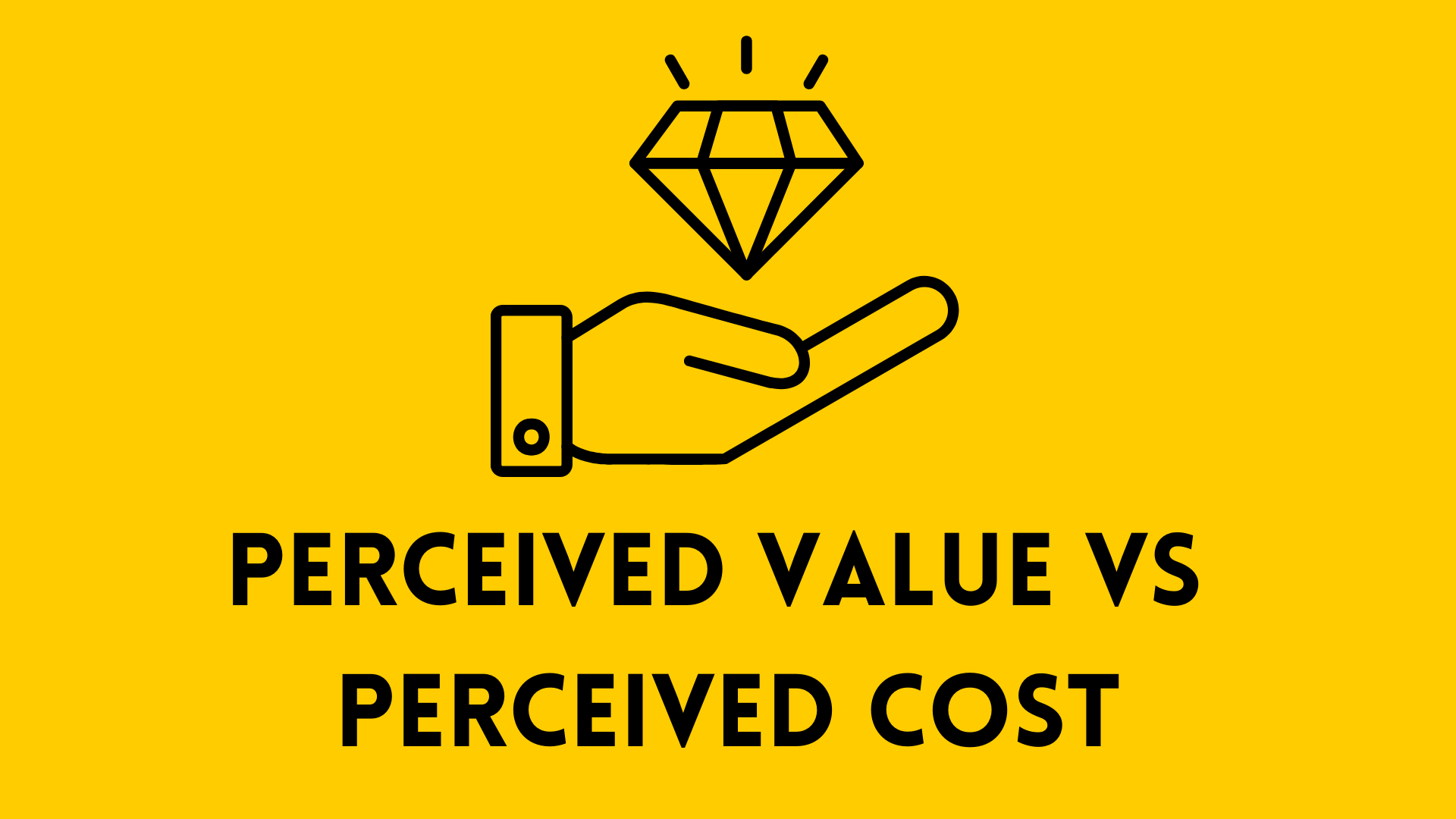
If a thing is more valuable than its price tag, we assume, then a consumer will buy it.
And this isn't false.
It's just that most authors don't understand what a reader really values, and we don't consider that every purchase involves more than merely monetary costs.
If you're a storyteller (see this article for more on storytellers vs problem solvers), the biggest value you bring to your reader is a ticket to escape their own psychological discomfort.
When readers lose themselves in your story, they're no longer lost in their problems.
Storytellers offer readers a pleasant escape from their worries for hours at a time.
It's trickier for problem solvers, because it's tempting to believe that your greatest service is in helping them to solve their problem - whether it's related to health, fitness, finances, relationships, business, or anything else.
But real relief also comes from the reduced psychological discomfort they feel immediately when they take steps to solve their problem.
They feel better as soon as they purchase your book.
Because they know they're on the path to fixing their issue.
And on the other side of the ledger, the cost of your book is much more than just the price.
It's the opportunity cost of the time they could have spent elsewhere.
They're going to invest ten bucks in your ebook, or thirty bucks in your hardcover...
But they're also investing hours of their time and their life energy.
Yes, you have to demonstrate that your book will be a great monetary investment.
But more than that, you have to demonstrate that it will be a great emotional investment.
OK, but how?
By addressing their most pressing need: reduction of psychological discomfort.
And we do that by paying careful attention to how we present our offer.

"Yes, of course. Price matters. I get it."
It's normal for authors to have that reaction when I tell them that price is important.
But most authors misunderstand pricing entirely.
Most authors assume that selling great books cheaply is the ticket to riches.
But it's not.
Because price is the most reliable indicator of quality.
Low prices indicate low quality.
High prices indicate high quality.
The same reader will approach your book with far greater respect if you've priced it at the top end of your category.
If you participate in the race to the bottom, and choose to price your book down there at $2.99...
You've placed your work alongside the lowest-value books in your genre.
And that's exactly how your readers will approach your work.
Two takeaways here:
Invest the time and energy to test your book ideas in order to produce world-class books.
Then you'll be justified when you price them at the top of the indie market for your genre or topic.
And your readers will give your work the respect it deserves.
When you price your book appropriately, readers value it much more.
(You can see this for yourself. Just sample the reviews from a handful of $0.99 ebooks in your genre, and compare them to the reviews from a handful of $9.99 or $14.99 ebooks in your genre).

We're social animals.
Most of us only want to buy things that other people have bought and enjoyed.
Few people want to be the first to try anything.
We don't want to appear foolish if our decision turns out poorly.
We want safety, security, certainty.
We don't want to be made a fool.
And while authorities (politicians, priests, preachers, businesspeople) have been lying to us forever...
We're just now becoming aware of the specific lies, thanks to social media.
This is a good thing.
And it's the main reason why reader reviews are so important.
This is why I've put together a page full of nothing but unabridged, unedited author reviews of me and my programs. I want you to hear what our clients say, good and bad, before you make your buying decision.
And you'll want to perform a similar service for your readers by showing them reviews from past customers.
But not all reviews are created equal.
Especially when you're including them in your book advertisements.
So we have special criteria for which reader reviews we should include in our book ad testing process.
These criteria reflect what we've learned en route to over $25M in annual book sales in our author community.
The authors who have applied these criteria most consistently over time are the ones who have racked up millions of dollars in book sales.
(If you missed it earlier, I walk through a concrete example of our proprietary market testing process that has changed lives and created fortunes in this article.)
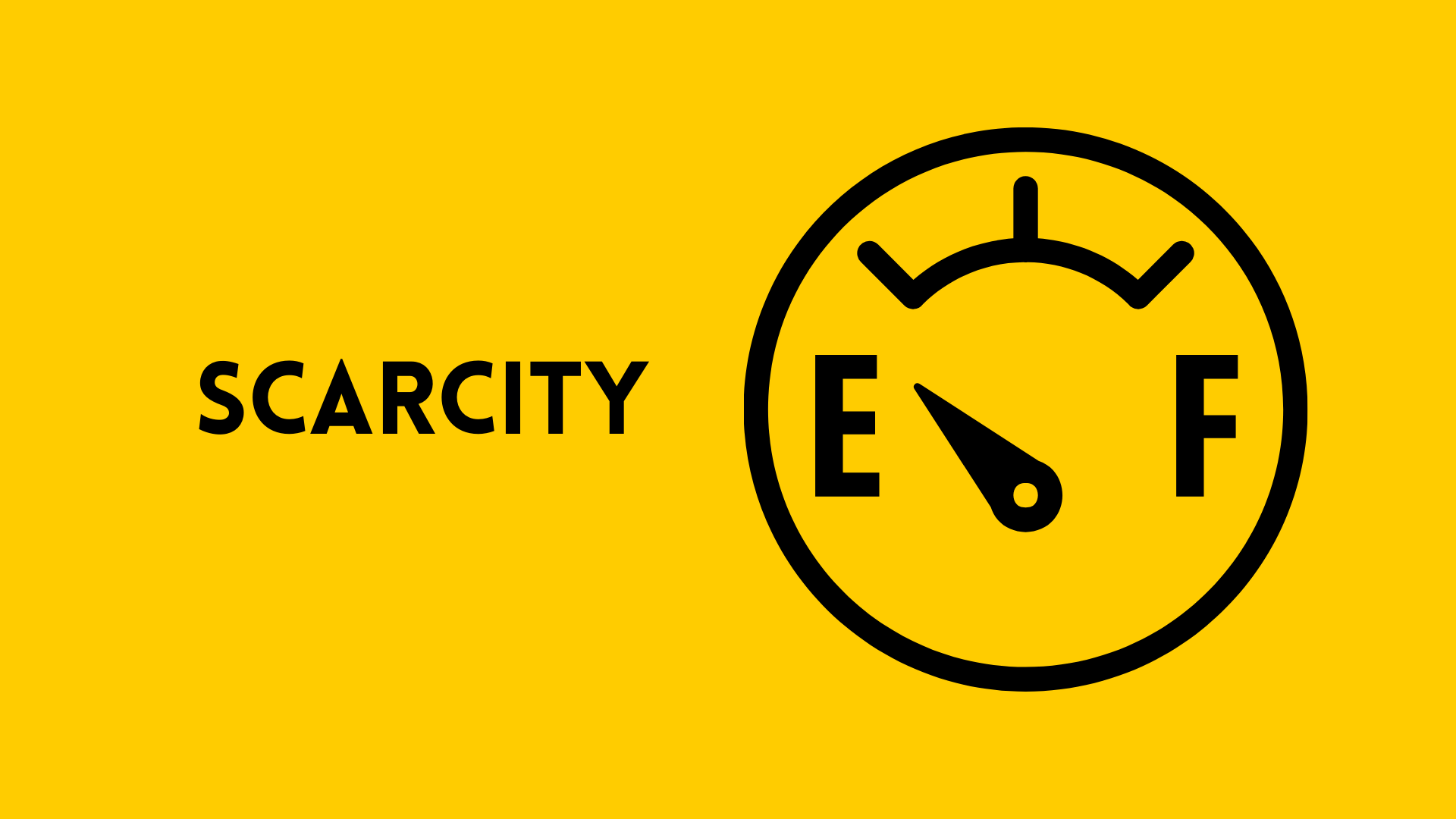
There's an inverse relationship between abundance and perceived value.
For example, it's not quite true that everything becomes "more expensive" every year with inflation.
What's actually happening is this:
The value of our money decreases every year, relative to everything it buys.
That's because our governments print more money every year. More availability means less value.
So scarcity goes hand in hand with value.
And if there's a limited supply of a particular item...
Consumers automatically assume it's more valuable.
(Because it usually is :).
This is why special editions of books often sell for much higher prices than regular editions.
Scarcity always relates to quantity, but is often confused with the next value indicator:

While scarcity always relates to quantity...
Urgency always relates to time.
If consumers can get the same deal at any point in the future, there's little motivation for them to take the offer right now.
But all too often, "anytime in the future"...
Actually means "NEVER."
If our book offer is always available, readers view it as less valuable.
They don't have to make a decision now, so they decide not to decide.
And then they promptly forget about our book. Forever.
Humans rarely want what is cheap, easy, immediate, constant.
We want most what is hardest to get.
And if an offer is only available for a limited time, it's harder to get - and therefore more valuable to us - than an offer that is infinitely and indefinitely available.
Which leads us around to our deadline question:
Who benefits from sale deadlines?
The answer is not as straightforward as most authors assume.
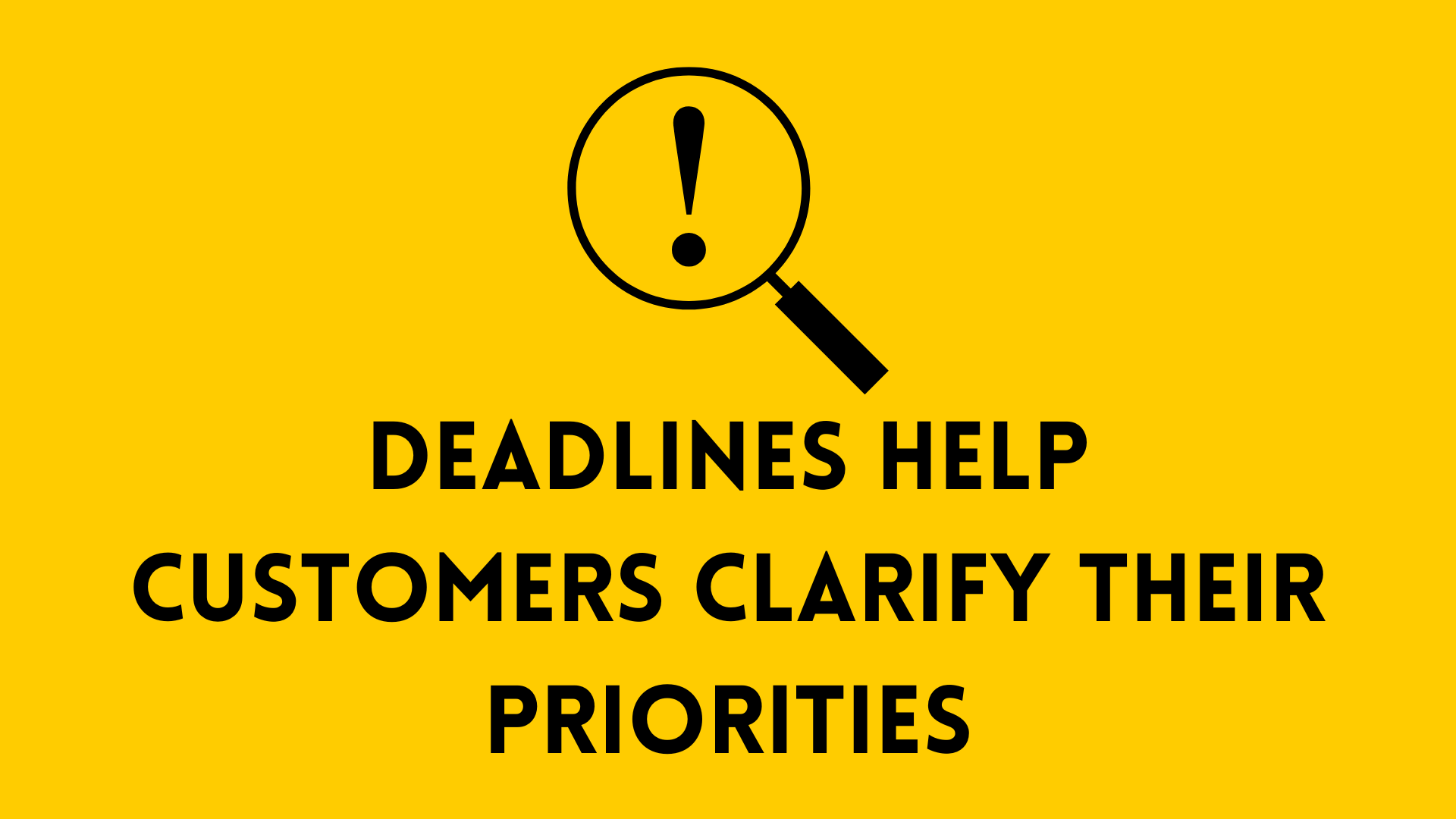
The key benefit of deadlines is that they require us to make a decision.
Decisions are always about applying our resources - time and money - toward our priorities.
So deadlines require us to clarify our priorities.
And it's always beneficial to our wellbeing when we clarify our priorities.
Many customers will decide that your book doesn't make their priority list right now.
Just as many authors will decide that writing better books and selling more of them is not their priority right now.
Perfectly fine. Not every wannabe-author is going to do what it takes to succeed.
Not every reader is going to be in the mood for a beach novel, or spy thriller, or romance read.
Not every overweight reader is ready to follow your advice about changing their lifestyle right now in order to improve their life.
Not every owner of a failing business is ready to read your book and face the music.
And this point is critical:
Deadlines can be arbitrary, but they cannot be fake.
They must be real.
There must be a real consequence when the deadline passes.
For example, the deadline to enroll in Click Testing for Authors is midnight six days from when you registered for the information sequence. When it expires, the doors are closed, period.
This may seem harsh, but it's really important.
Because something magical happens when we realize where our true priority lies.
We take action toward a brighter future.
We exert our agency over our circumstances.
In this way, deadlines improve our lives.
Deadlines are an important service to our customers, whether or not they buy from us.
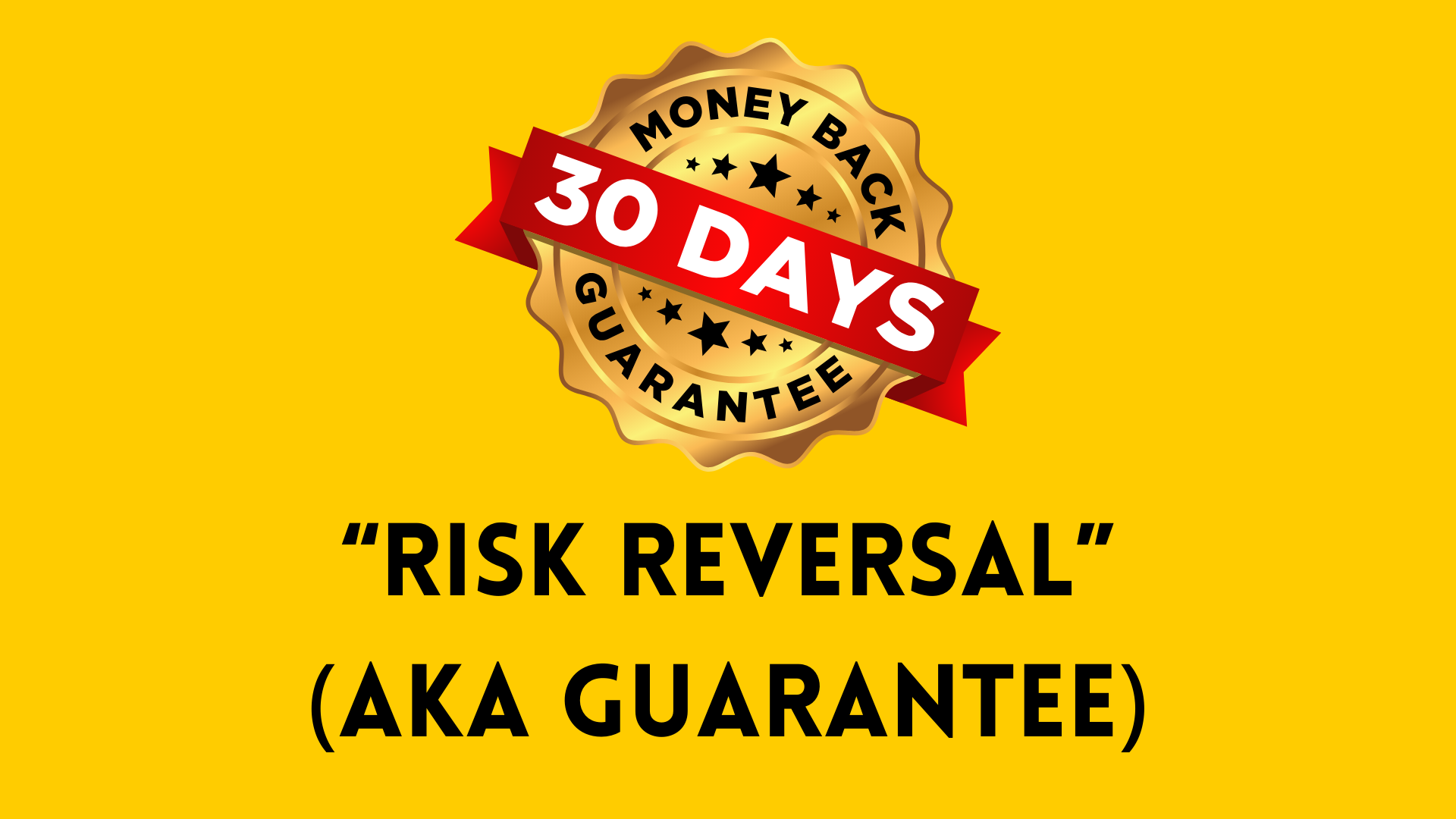
Of course, every purchase entails risk.
"Sure," we think to ourselves, "all those other people loved this book. But will I love it?"
What if I don't even like it?
Will I be stuck with it?
Understanding this psychology is how Jeff Bezos built one of the most successful businesses in human history.
Buy whatever you want from amazon, because you're covered by a guarantee. You can always return it if you don't like it.
Of course, this can be abused, which is why amazon no longer allows readers to return ebooks after reading them.
We offer a 30-day money-back guarantee on the Click Testing for Authors program, as well.
(You can review the guarantee terms on this page.)
And there's another way that deadlines and limited guarantees serve your customers' best interests:
By keeping your business healthy.
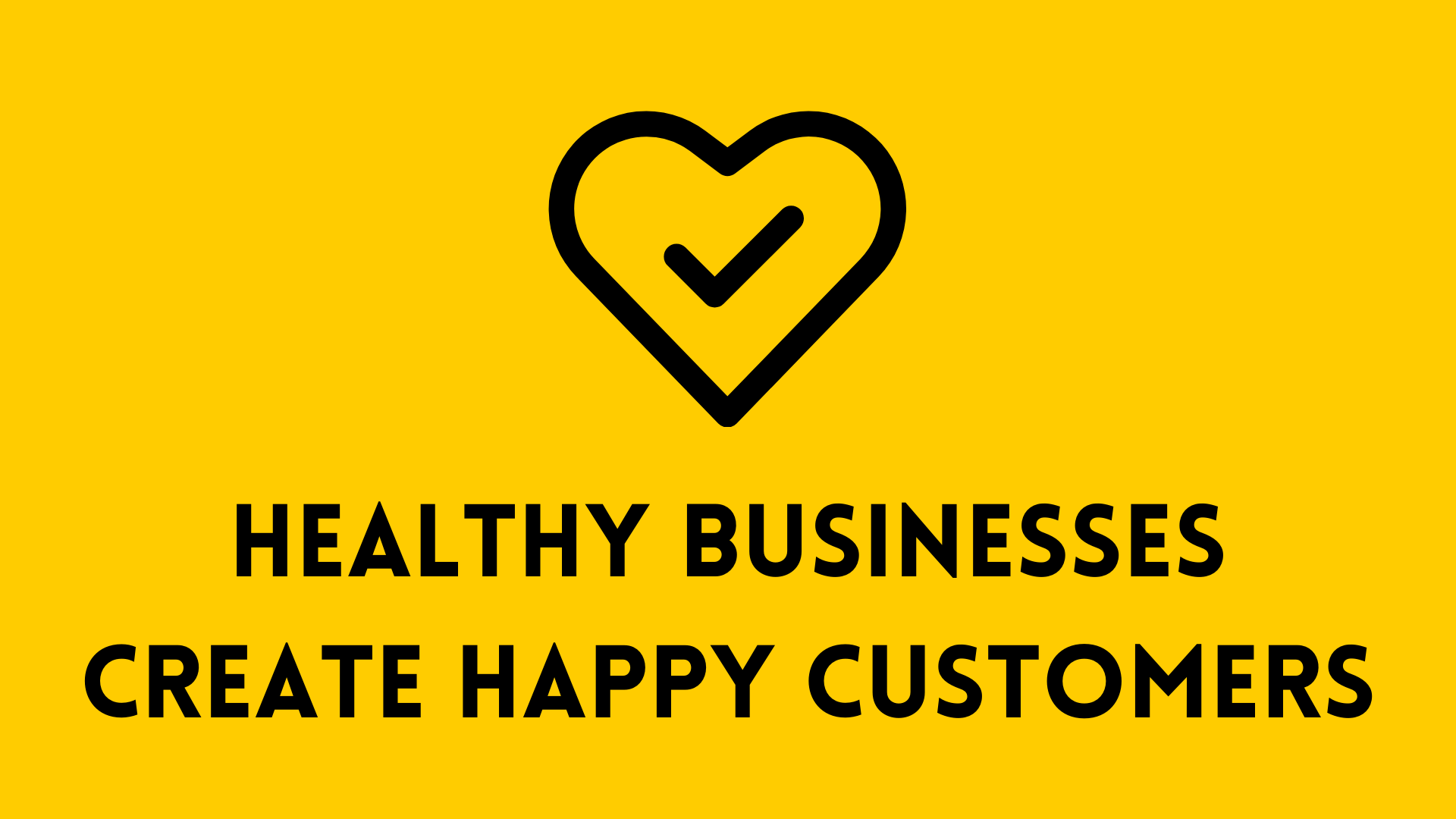
Deadlines help people clarify their priorities...
Which helps them recognize when your offer is aligned with their priorities.
Deadlines also give customers a reason and an excuse to finally step into a bigger and better version of themselves...
Or to give that new genre or new author a try.
And deadlines serve an important practical purpose in a healthy business:
They encourage sales within the advertising attribution window.
"Attribution window" means the period of time within which the advertising platforms recognize a purchase of your books to have occurred as a result of the consumer being shown your book ad.
This is crucial to the health of your business, and is one of the fundamental reasons that our direct sales process has produced the highest per capita author earnings of any author marketing program in the English-speaking world.
When your ads produce purchases, and when Meta can see which users purchased from you...
They know how to find more purchasers for you.
Your ads operate more efficiently, which means that you make more money.
Making more money means you can stay in business.
Staying in business means you can serve more customers, and serve them better and better over time.
Contrary to what the cynics are always saying...
Running your business profitably is the only way to serve your customers with excellence and integrity over the long haul.
And offer deadlines help you do just that.
"This stuff sounds good," you might be saying...
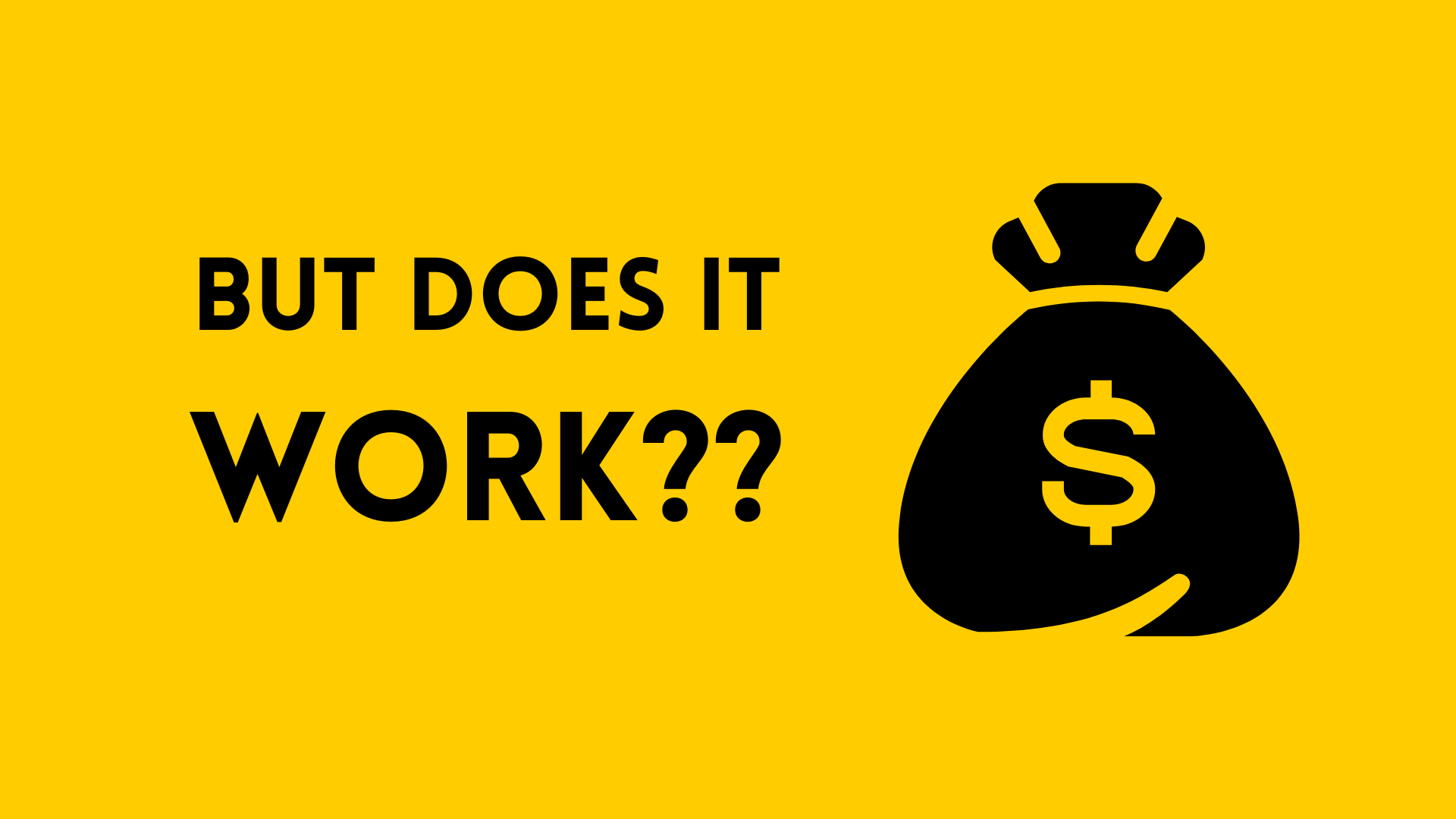
Answer: Yes.
Click testing is responsible for $200M per year in extra revenue across a ton of different industries, and it's also responsible for a ton of book sales.
Real talk:
Nothing and nobody can possibly guarantee that you'll make a dime as an author. If it were possible to predict success in advance, then publishers, venture capitalists, and startup founders would not have that dismal 90% failure rate they're famous for.
However, click testing is all about understanding your market, which unlocks unlimited possibilities.
AJ Vanderhorst sold 115,728 books last year. You can read more about it here.
Othniel Dory and his team sold over 250,000 copies of their children's books last year from their Shopify store. You can see Othniel's interview here.
Ben & Patty Wallace reached their first five-figure month (that's over $10,000 in book sales), then doubled it to reach $20,000 in the next couple of months. Patty gives an in-depth account of their experience here.
Britt & Laurie-Anne used Click Testing to gain clarity on what their market really wanted from them. They used this knowledge to grow their business to $400,000 in monthly revenue, and you can read more about it here.
Gordon Carroll retired early from the police force on the strength of his book sales, and has been a member of our community for years. He talks about his experience on this page as well.
Lee Savino and writing partner Renee Rose write wildly popular "bad-boy romance" novels. They grew tired of only making money whenever they launched a new book, so they used Click Testing (in conjunction with our direct sales program) to generate seven figures in backlist sales last year. Lee talks about it with me in an upcoming episode of her podcast (along with Russell Nohelty).
Here's some more name-dropping:
David Chesson (Kindlepreneur founder), Joanna Penn (author, podcaster, indie publishing luminary, and the force behind The Creative Penn), Pierre Jeanty (million-selling poet and entrepreneur), Rachel Hanna (multi-million-dollar-per-year author), Marie Force (multi-million-dollar-per-year author), Alana Terry (writing coach and bestselling novelist), Naomi Rawlings (million-dollar earner), David Doepker (bestselling author, entrepreneur, and podcaster), Lydia Sherrer (million-dollar earner), AJ Vanderhorst (sold 115,728 books last year), Monica Leonelle and Russell Nohelty (bestselling authors and book marketing coaches), Lee Savino (million-dollar-per-year author), Diane Capri (of the Chasing Reacher series), LT Ryan (million-dollar-per-year author) and many more highly successful independent authors and entrepreneurs are clients (and most are also affiliates) of mine.

There are three ways you can learn more about how to successfully implement our six critical book advertising tests.
The most thorough way is to watch the brief webinar I put together for you.
I invested over a hundred hours to ensure that this video is fast-paced, entertaining, informative, and full of examples of how authors in many different genres have completely changed their lives and careers using our process.
If webinars aren't your thing (no judgment :), you can also check out the Click Testing for Authors enrollment information page.
You'll see details about the program contents and delivery, customer results, and payment plan options.
We've also put together a page full of unedited, unabridged video interviews and reviews from our authors.
We asked them to help you decide if our program and process are legitimate, professional, useful, and effective.
I've never watched these videos, because they were meant for you. So I don't actually know what advice these authors might have for you, but I am confident that they have your best interest at heart.

